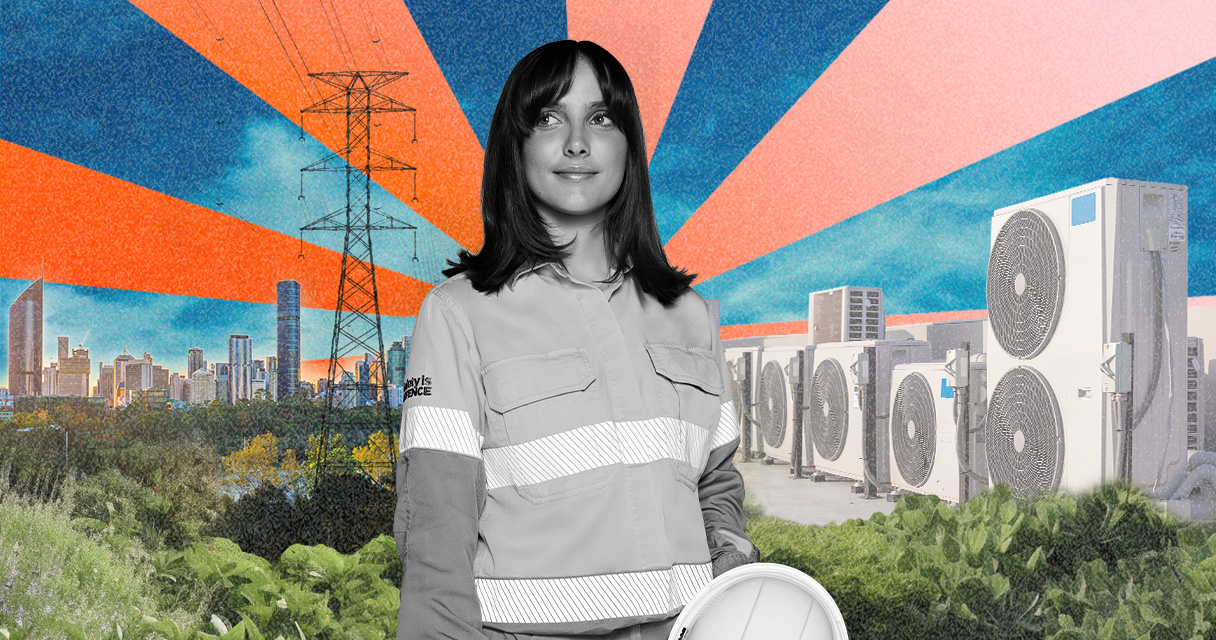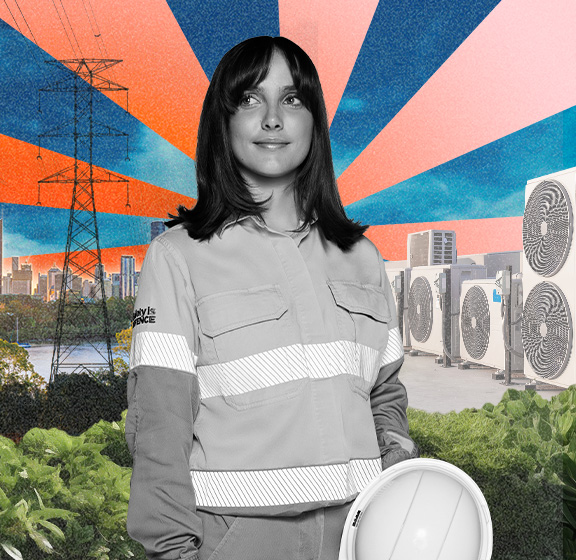
THE ROLE
As an Engineer, you can undertake many activities, including but not limited to: research, education, problem definition and analysis, conception, planning, communication and stakeholder engagement, design and innovation, data and other quantitative analysis, modelling and simulation, testing and evaluation including prototyping, manufacturing, construction, assurance, integration, commissioning, operations and management, maintenance, de-commissioning and disposal and circularity.
As an Engineer you may specialise in any of these activities and/or draw from specialist knowledge in any of the following disciplines: electrical and power systems, electronic, mechanical, civil, structural, geotechnical, materials, industrial, mechatronics, chemical, systems, aeronautical, marine and maritime, software and/or others.
Engineers are creative professionals that conceive, design and deliver technological systems that are safe and are ethically, socially, economically and environmentally responsible.
CONTRIBUTION TO NET ZERO
Engineers play an integral role in supporting energy and other technological systems, buildings and industrial facilities with decarbonising by designing, delivering and verifying these systems and their upgrades.
Engineers are essential in delivering Australia’s 2030 and 2050 emissions reduction goals, through innovative engineering that transforms systems, technologies and infrastructure.
Engineers are at the forefront of policy formulation and decision-making that affects the scoping, planning, design, delivery and operation of systems for climate change mitigation and adaptation.
Electrical Engineers, in particular are essential to decarbonising Australia’s energy supply and usage, which is responsible for about 80 per cent of Australia’s total emissions.
You can learn more from Engineers Australia, the peak body for the engineering profession in Australia, and from the Australian Power Institute, which profiles engineering roles across Australia’s electricity sector.
KNOWLEDGE & SKILLS
- Business operations and financial activities
- Cleaning and maintenance
- Communication and collaboration
- Construction
- Customer service
- Data, analytics, and databases
- Digital technologies and electronics
- Environmental management
- Human resources
- Operating procedures and processes
- Performance evaluation and efficiency improvement
- Production processes and machinery
- Quality control and inspections
- Records, documentation, reports and research
- Sales and marketing
- Science and mathematics
- Work activities preparation
More information can be found in the Australian Skills Classification’s occupational profiles for:
COMMON CAREER CHARACTERISTICS
QUALIFICATIONS
The three main occupational categories in the engineering profession require a qualification and include:
- Professional Engineer: typically have a four-year Bachelor of Engineering (Honours) degree or equivalent
- Engineering Technologist: typically have a three-year Bachelor of Engineering degree, or equivalent
- Engineering Associate: typically have a two-year engineering qualification or equivalent
The three occupational categories differ from each other mainly in terms of level of complexity of engineering challenges they work on and the breadth and depth of underpinning knowledge.
In technical teams these three occupational categories are complemented by professionals, technicians and tradespeople.
Depending on their specialisation, Engineers can also be required to maintain appropriate licenses and registrations in the state or territory in which they operate.
Beyond registrations, governments often require specific industry certifications for involvement in government incentives programs like state-based energy efficiency obligation schemes.
CAREER OPPORTUNITIES
There are a range of members in the engineering team, with engineering professionals often starting as Engineering Associates before upskilling and progressing to become Technologists and Professional Engineers.
Engineers can transition to do much more than technical engineering activities, with many Engineers becoming Net Zero Business Advisors and Project Managers. Other technical roles may have recognition of prior learning for being an Electrician or Building and Engineering Technician.
Read more about what Engineers do at yourcareer.gov.au.
Find open jobs
Search: ‘Engineer’, ‘Civil Engineer’, ‘Electrical Engineer;, ‘Environmental Engineer’, ‘Industrial Engineer’, ‘Mechanical Engineer’, ‘Mining Engineer’, ‘Network Engineer’ ‘Production Engineer’, ‘Plant Engineer’, ‘Renewable Energy Engineer’, ‘Building and Engineering Technician’

OUR CHAMPION
CAITLIN NICHOLAS
Engineer
Caitlin Nicholas is a young engineer with an electrifying career.
As a Senior Forecasting Systems Analyst with Energy Queensland, Caitlin creates models that help the power system make the most of rooftop solar electricity. And working in south-east Queensland – an area with some of the greatest uptake of rooftop solar in the world – these models can have big impacts…

